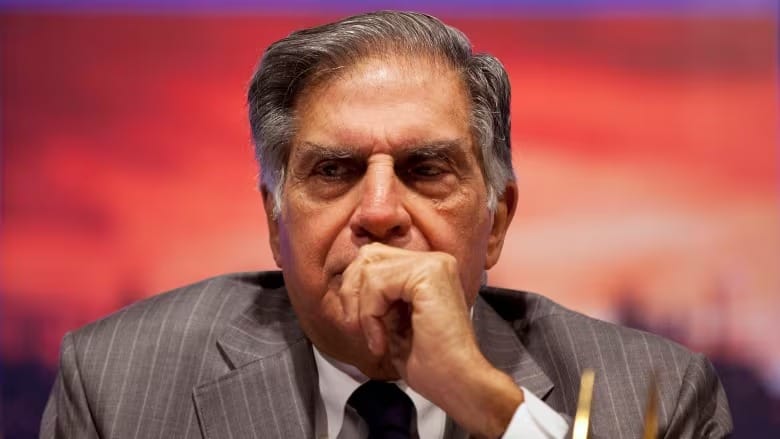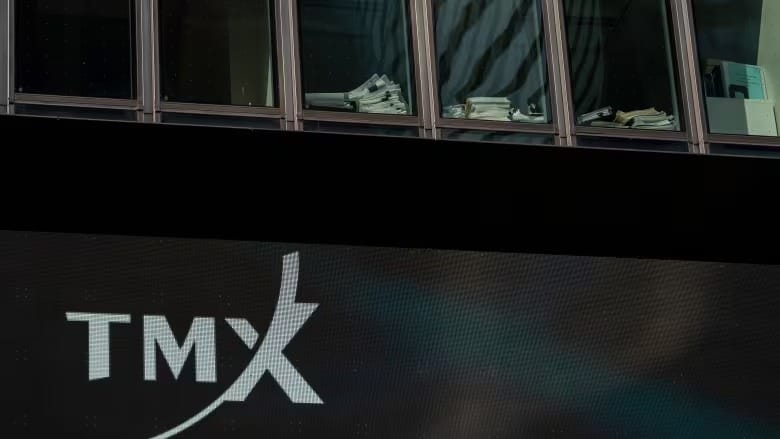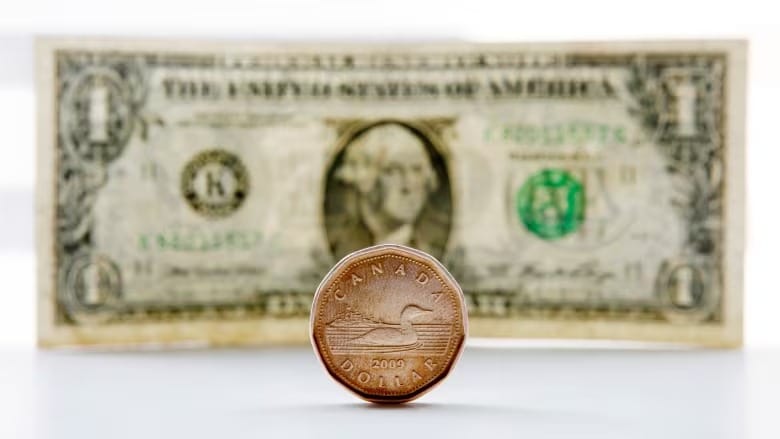Ratan Tata, former chairman of Indian conglomerate Tata Group, has died at age 86
Tata died at a Mumbai hospital on Wednesday night

Thousands gathered in Mumbai on Thursday to pay their final respects to Ratan Tata, the former chairman of the Tata Group, ahead of his state funeral later in the day. The veteran industrialist, praised by Indian Prime Minister Narendra Modi as a visionary leader, passed away at 86 in a Mumbai hospital on Wednesday night.
Tata's body was taken to the National Centre for the Performing Arts in Mumbai, where the public, business leaders, government officials, and celebrities lined up to honor him. Natarajan Chandrasekaran, the current chairman of Tata Group, called Tata his "friend, mentor, and guide," but did not disclose the cause of death. Tata had been admitted to Breach Candy Hospital earlier in the week for age-related medical conditions, though Tata Group had assured there was no immediate cause for concern.
Tributes poured in following Tata’s passing. Prime Minister Modi hailed him as not only a stable leader of one of India's most prestigious business houses but also someone whose contributions extended far beyond the corporate world. On social media platform X, Google CEO Sundar Pichai praised Tata’s extraordinary business and philanthropic legacy, noting his role in developing modern business leadership in India. Cornell University, where Tata earned his bachelor’s degree in architecture, remembered him as its "most generous international donor."
Tata Group, a vast conglomerate of nearly 100 companies, includes some of India’s largest firms like Tata Motors, Tata Steel, Tata Power, and Tata Consultancy Services. The group employs over 350,000 people worldwide and has a presence in more than 100 countries. The company’s products, including essentials like salt, tea, and mineral water, are found in many Indian households.
Under Tata’s leadership, the group made significant acquisitions, including Jaguar and Land Rover in 2008 for $2.3 billion US, and Corus, a British steelmaker, for $12 billion US in 2007. Tata Group also pioneered commercial aviation in India by launching an airline in 1932, which later became Air India, a company it reacquired from the government in 2021. It also founded Vistara with Singapore Airlines, recently merging it with Air India.
One of Tata's most ambitious projects was the launch of the Tata Nano in 2009, a compact car priced at around 100,000 rupees (about $2,000 US), intended as an affordable vehicle for millions of lower-income Indians. However, the car did not perform well in the market, and its production ceased in 2018.
Ratan Tata joined Tata Group in 1961 and took over as chairman in 1991 following J.R.D. Tata’s retirement, just as India was opening its economy to global investment. He retired as chairman in December 2012 but briefly returned as interim chairman in 2016 after his successor, Cyrus Mistry, was ousted. Tata permanently stepped down in 2017 when Chandrasekaran was appointed.
Tata, who never married, is survived by a brother, two half-sisters, and a half-brother.





